Notes from a Concerned American.
Anthony and Justin Mitchell, Victor Shaw, Erliene Kelley, Rodney Nickerson are dead. Justin had cerebral palsy and could not be evacuated. His father, Anthony, a great-grandfather to 10, refused to leave him behind; they died together. One of Anthony’s sons said, “he probably could have gotten himself out but he wasn’t going to leave my brother.”
Rodney and Erliene, both 83 and smiling in the photo in memory of their lives, were said to have stayed behind, protecting the homes they knew and loved. So did Victor Shaw: his body recovered with a tiny, dried garden hose in his hand. Imagine: in the final moments, protecting the things you love the most.
Most people die from smoke inhalation. Their heart and lungs are overcome by a toxic mixture of gases like carbon monoxide. They often are overcome by poisonous smoke before ultimately losing the ability to think and breathe and hear. It is a brutal way to die — a slow and bitter suffocation. For these victims, there was no hope of survival. Some did. Some didn’t.
Walter, 83, lost his home in the Altmeda fire. “What did you love and lose,” he is asked. “I lost everything,” he says through tears. When a natural disaster occurs, there is no way to be ready. Many Los Angeles residents watched in horror as their homes and businesses and schools were reduced to ashes. They left in desperation. They returned in despair. They returned to nothing. Everything was gone.
He, like so many from this historically racially and socioeconomically diverse area — a place that was once filled with discrimination and hate — had built a life. He or his neighbors were not celebrities. They did not live in a mansion. They were everyday people, working-class dreamers. In videos and images, they are in shock and mourn. They grieve, the loss of a world, the only world they knew. They tell the stories of home — it’s beginning and it’s end — and they cry.
They cry over the small plot of land where only a fireplace remains. They cry only holding in their hands laundry baskets of dirty clothing. They cry remembering Christmas, the gifts, the laughter. They cry, not ready to even think about the “after”. They cry in the morning. They cry during the day. They cry at night.
They cry and begin to hand out clothes and begin to collect water and begin to find shelter and collect food and hug one another for as long as they need. They cried under the covering of smoke and the smell of the disappearance of memories and time and normalcy and home.
At this very moment, I too am crying because whatever loss we endure is still loss — no matter who we are: rich or poor, black or white, elderly or young. No one is spared. No one gets out unscathed. The burning is still happening and nothing will ever be the same. At some point, we have to agree: something has to change; this world is suffering and burning, the Earth herself weeps in pain, and we are doing very little to keep our only world safe.
And then the anger: if I can be honest, a part of me is raging on the inside when people respond “everything will be okay,” or “it can be rebuilt,” or “what about Gaza.” There is something profoundly wrong and dehumanizing when people say these things as if we are in some kind of Oppression Olympics. Suffering is suffering. And if you use the suffering of one to diminish the other, you are a part of the problem.
It’s so annoying because it’s clear that people do not have the capacity to care. It’s clear that they are not accountable to real people in real places. It’s clear that they don’t want to heal pain but only use it, weaponize it, and when it’s over, move on to the next thing. To me, that’s not just unloving — it is evil.
Do you not realize that we can hold multitudes? Do you not realize that people who have stood up for Gaza have lost everything? Do you not realize that communities that were historically discriminated against, fought and won, and are now reduced to ashes? Do you have no heart? Do you have no shame?
Consider: it is the mornings after, things are still burning and people are picking up the pieces, and people are still grieving. Their loved ones are not here anymore. People have come together courageously, but the dead are still dead. And life will not be able to move on so quickly, and people in power do very little to stop things like Climate change and homelessness and displacement. And none who experience this will ever be the same again.
I grieve for us, for how so much of what is happening is a metaphor about this American. I grieve that we are losing care for one another, that we are beating one another down even as we are suffering. I grieve because I know that for many, this is only the beginning, and the worst days of rebuilding are ahead. It is reported that America is going through record levels of homelessness— and things over there just got real and a whole lot worse.
I grieve because when I saw all the videos and images and stories coming out of Los Angeles, I remember us in Augusta going through Hurricane Helene, the loss we endured, and how hard it is for things to turn around. I remember, like parents over there, trying to explain to my children what had occurred.
“We’re living through a natural disaster,” I taught my son to say, “and we need our greatest survival skills.”
I grieve because I know as things get rebuilt, some people will be left behind. “When America catches a cold,” the famous saying goes, “black people catch pneumonia.” And I hope they are wrong but I know in so many ways they are right, and I hope people don’t forget the most vulnerable: the elderly, the sick, the incarcerated, the poor, the differently-abled, and the left out.
I grieve because many will use this tragedy and these deaths in a way that takes away from their lives and what is left behind. And I know that we are reaching for answers but often they’re not any. I know it will feel like there is very little we can do but we still attempt to feel, and to speak, stay bothered, and to help, and to show up the best ways we can.
This morning, I have looked at the pictures of the victims and have thought of the rest who are also dead. They each smile — the way their families remembered them. I see the ways people are helping one another, digging deep together. Fred Rogers said his mother tells him, “when tragedy arrives: look for the helpers!” I see them. They are beautiful and lovely, courageous in their own ways, and bear witness to the best of America.
“You build a world for yourself and your family, and you feel safe in that world and things like this happen that you cannot control,” one of the residents says.
“The porch is still there and it’s to me, it’s a sign to rebuild and not leave. You know, it’s like saying, ‘Hey, I’m still here. You can still do this.’
And they will. People are already facing enough. The world is heavy, and getting heavier still. So many have so much to worry about. And when I see their strength and their sitting in the grief and the wreckage, willing to face it and return and stay, I want to tell them: “I am sorry…you did not deserve to lose this … and however long it takes, we will find a way.”
The world is heavy,
we lift as best I can.



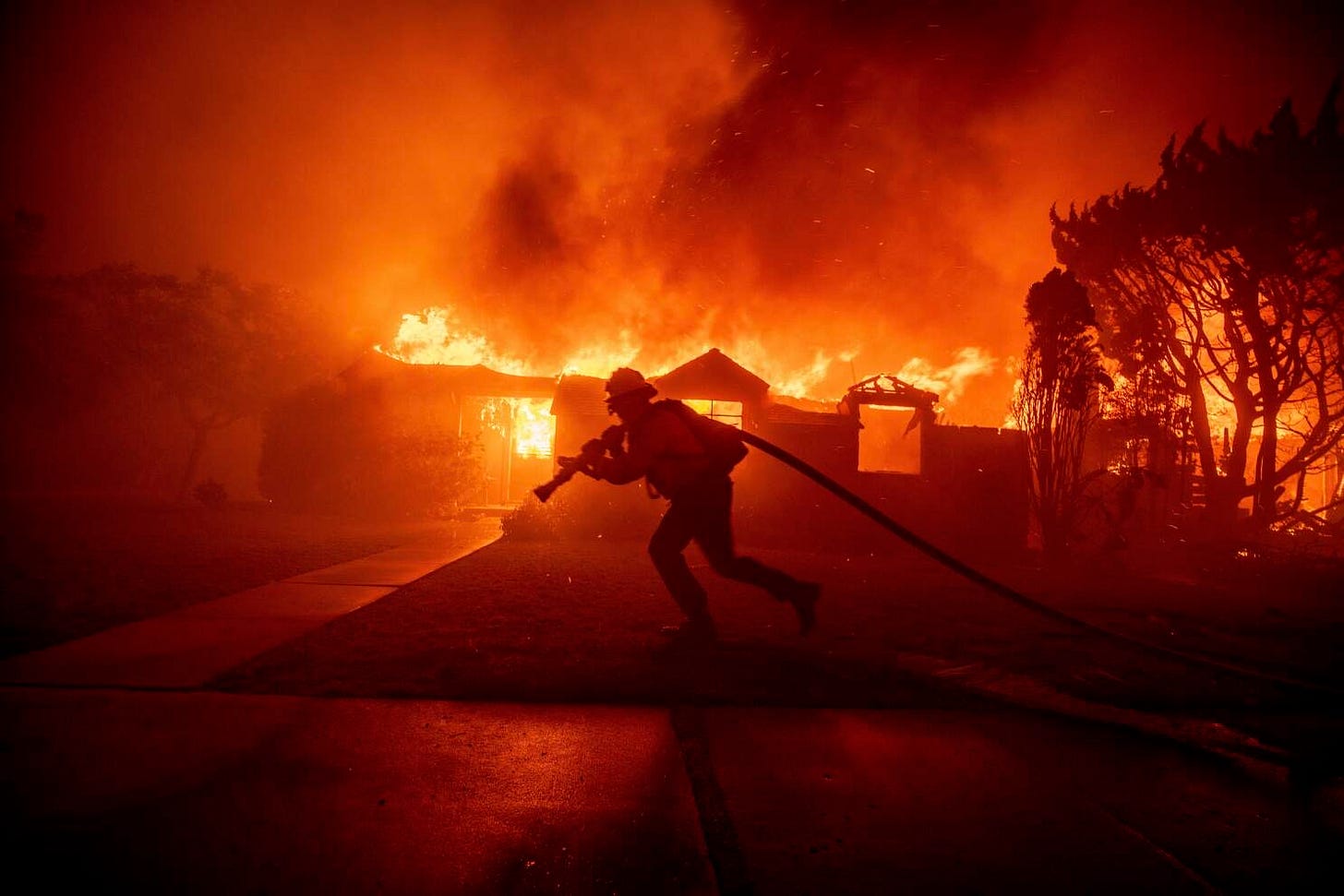
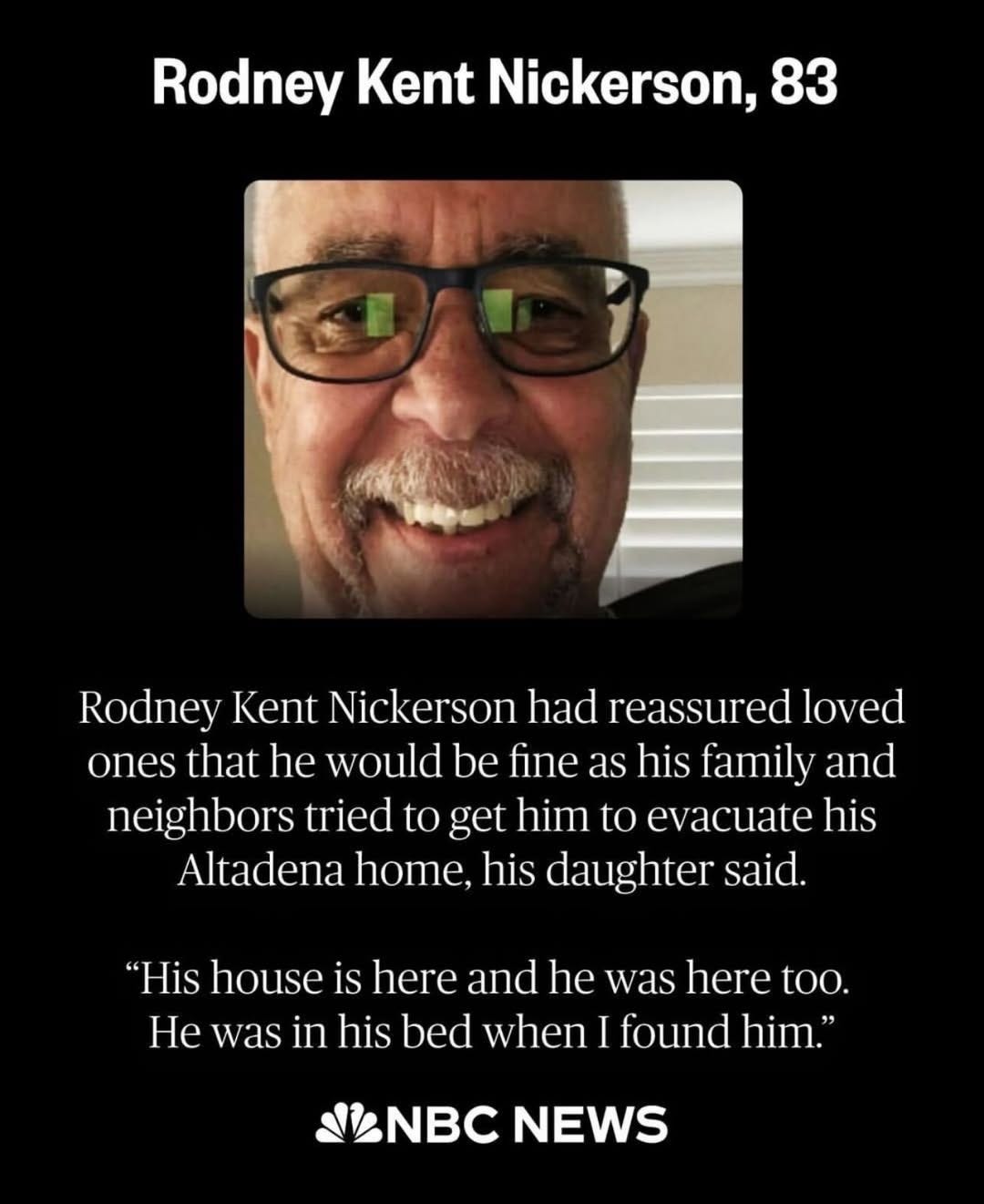
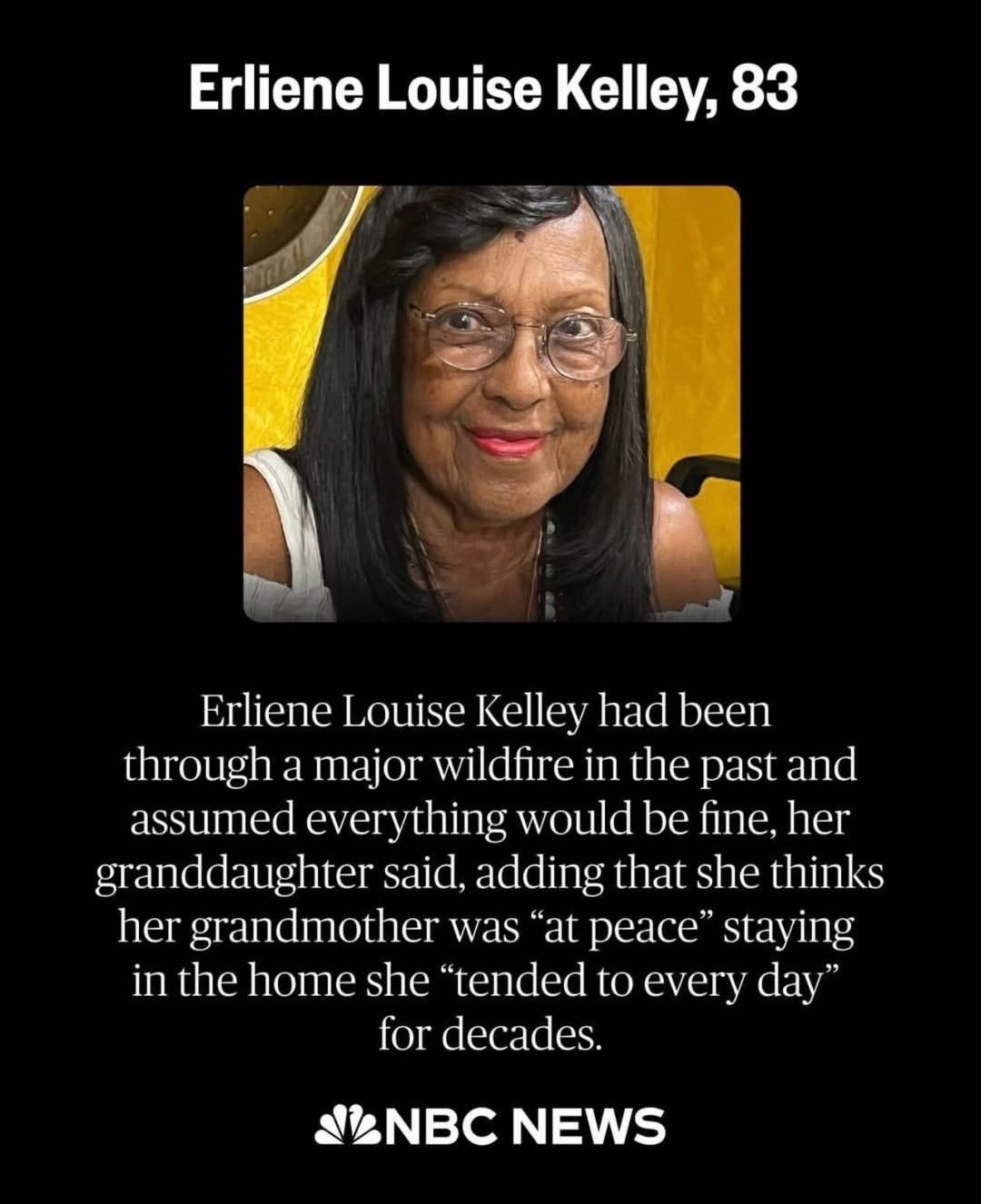
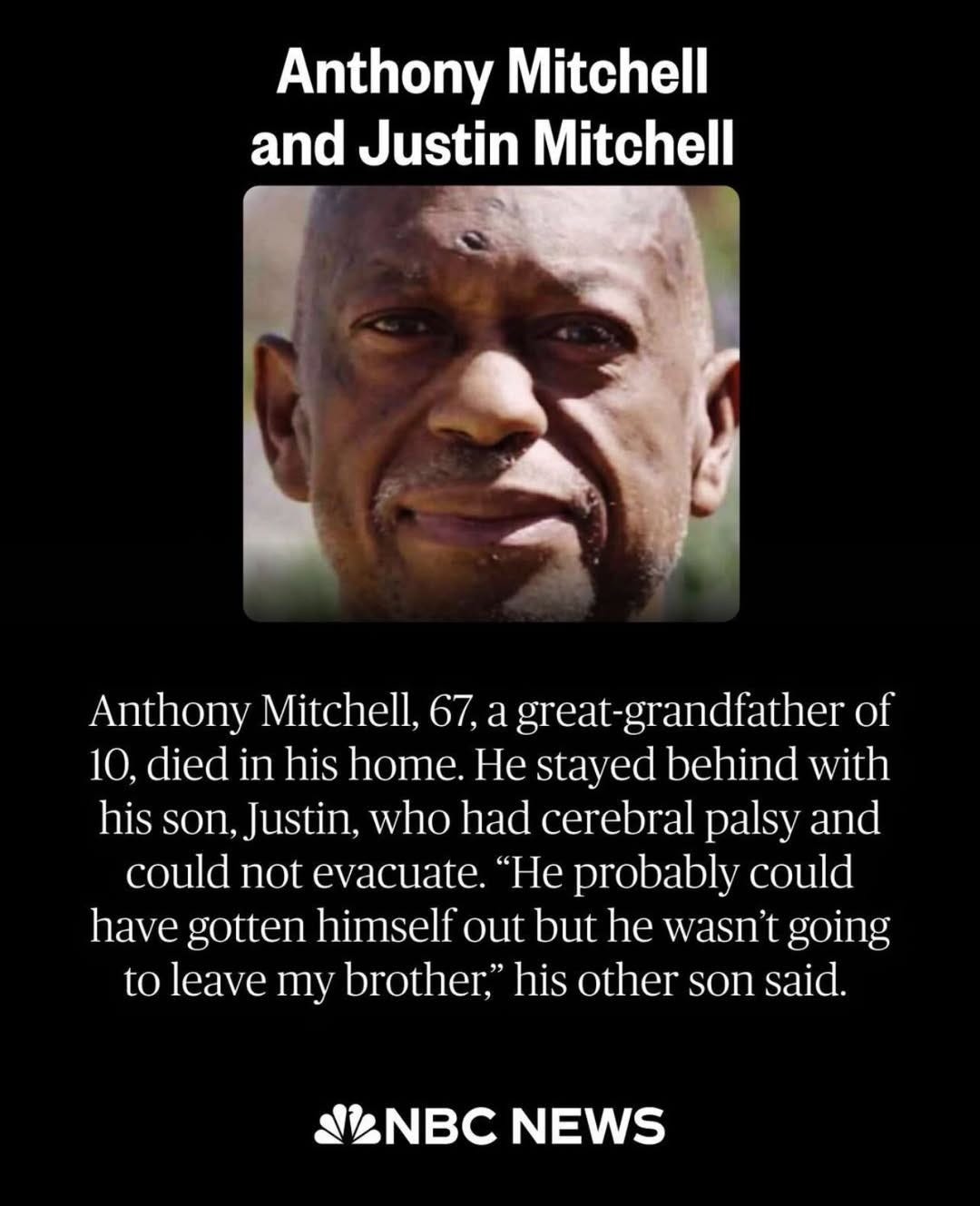
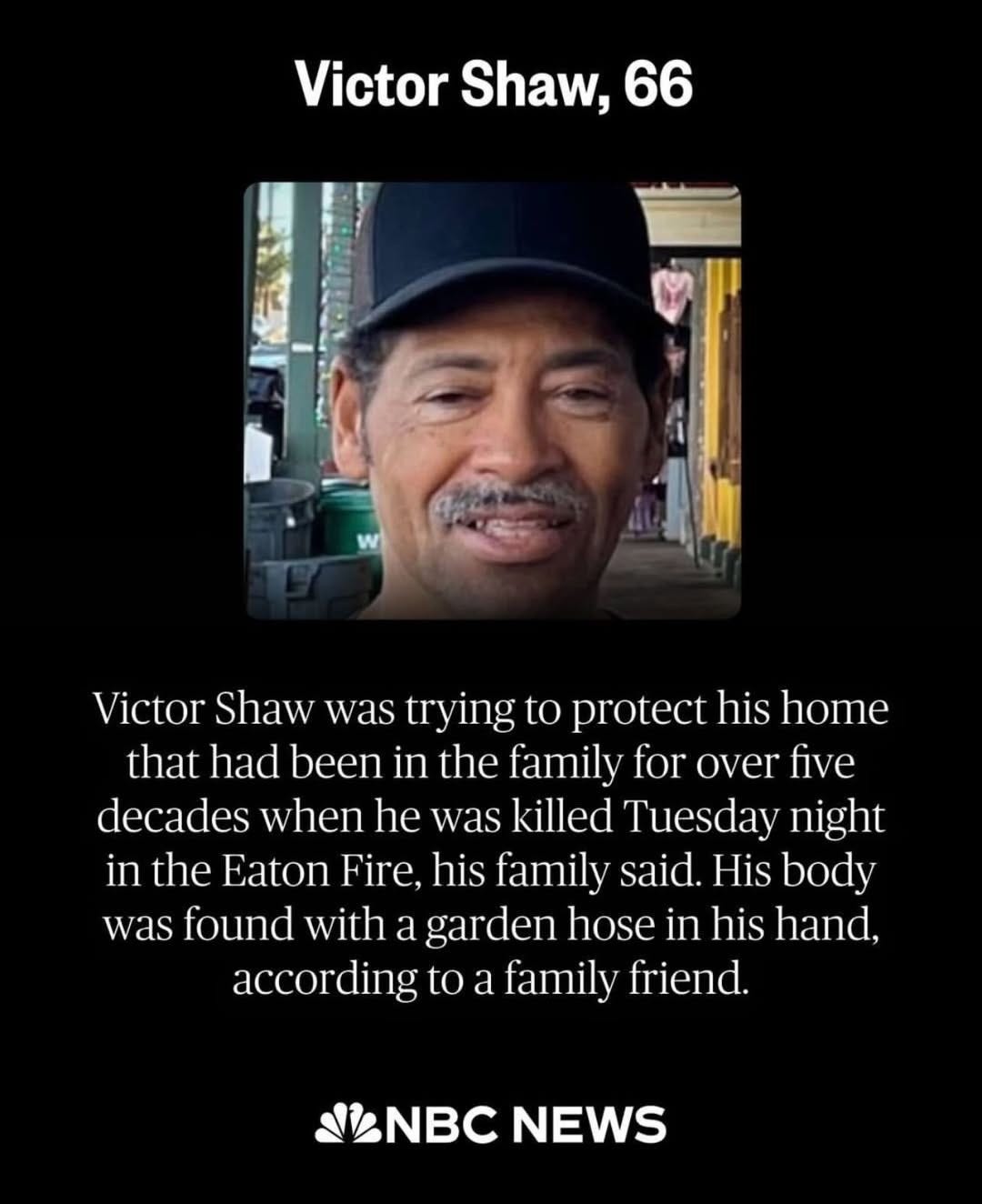
I recently had a 10-day hospital stay for an awful bacterial infection. I used to be one of those "But things will get/are getting better" people for years until I learned how to sit with people in their moment of agony. With this illness, I had to admit to myself that the healing process does, indeed, suck. One may know in their heart of hearts that things *will* be okay, but it never detracts from the bitter here and now in saying "I'm not okay."
Thank you for sharing this with us, Danté. I, too, weep with you all for these human beings that have transitioned. 😔🤍